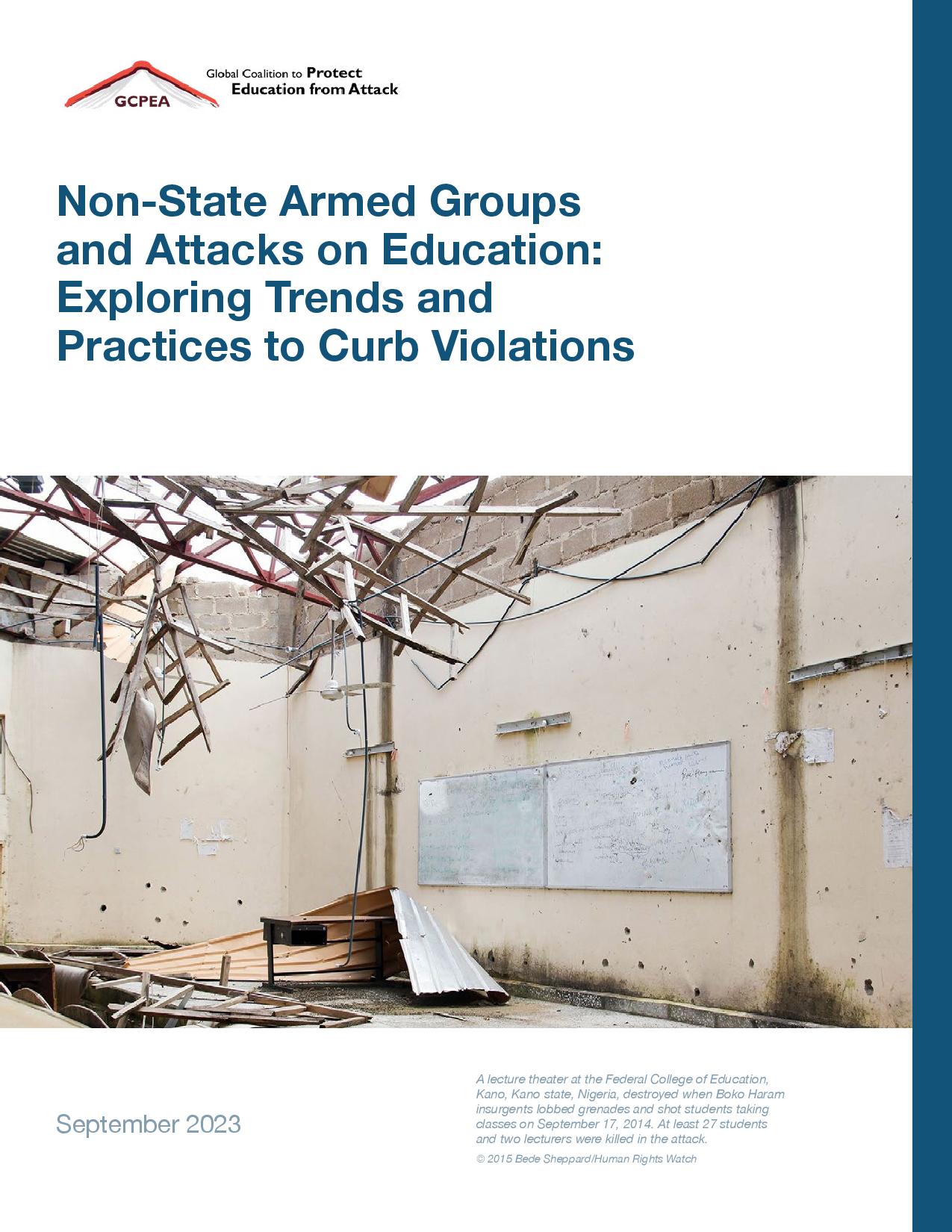GCPEA News
ECOSOC Humanitarian Affairs Segment
Permanent Mission of Norway to the United Nations, June 25, 2014
Statement by Ambassador Ms. Tine Mørch Smith on behalf of Norway at the ECOSOC Humanitarian Affairs General Discussion on June 25.
Mr. President,
The humanitarian financial requirements in 2014 amount to 16, 9 billion US dollars. This is higher than ever before. The main reason is the serious humanitarian disasters in Syria, South Sudan and Central African Republic, along with protracted crises in Somalia and Afghanistan.
The international community must strengthen its overall political capacity to prevent, unlock and resolve conflict, both emerging and protracted.
Norway will continue to be a major humanitarian donor, but without increased funding through a broader donor base, demands will not be met.
We are particularly falling short in keeping up with the escalating needs of conflict-affected populations. However, both human and financial costs can be cut drastically through rapid humanitarian access and through the safety and security of humanitarian personnel. In other words: through increased respect for International Humanitarian Law.
National governments have a duty and a responsibility to protect and assist their own people during humanitarian crises. If they are not able to do so, they must facilitate access for international humanitarian aid, in order to save lives and alleviate the suffering of innocent people.
Mr. President,
Hundreds of thousands of civilians are being denied access to health care in many of today’s conflicts. In Syria, the blocking of medical supplies is used as a tactic while health care workers, ambulances and hospitals are deliberately attacked. Local health workers are particularly vulnerable. The wounded and sick are paying the price, often with their lives.
The Global Coalition to Protect Education from Attack have reported that over the past five years, armed non-state groups and state military and security forces have attacked thousands of school children, university students, teachers and education establishments in at least 70 countries worldwide. In five countries, there were more than 1,000 attacks in the period 2009-2013.
The Lucens Guidelines, developed by a broad range of stakeholders, is an important initiative to protect students and schools. The guidelines are not aiming for any legal status, but seek the commitment of states and non-state actors to refrain from any military use of schools even during armed conflict and provide practical tools and guidance to states, armed groups and other actors.
Another frequent violation, particularly during armed conflicts, is sexual and gender based violence. Women and girls are especially at risk, while access to crucial services is – at best – limited. This is particularly true for sexual and reproductive health care. Responding to the specific needs of women and girls, as well as men and boys, is about effective humanitarian assistance. A gender perspective will help us achieve that.
Mr. President,
In conclusion, I would like to point to three ways to increase humanitarian capacity and save more lives:
Firstly, by respecting humanitarian principles and International Humanitarian Law; through improved access and effective protection, both of civilians and of humanitarian personnel.
Secondly, through more funding and a broader donor base. But also by making humanitarian operations more efficient by ensuring rapid humanitarian assistance, unhindered by bureaucratic hurdles.
Last but not least, by investing more in disaster risk reduction and resilience. We need to support the governments that are investing in their own resilience and preparedness, through stronger partnerships and long-term commitments.
Thank you.



